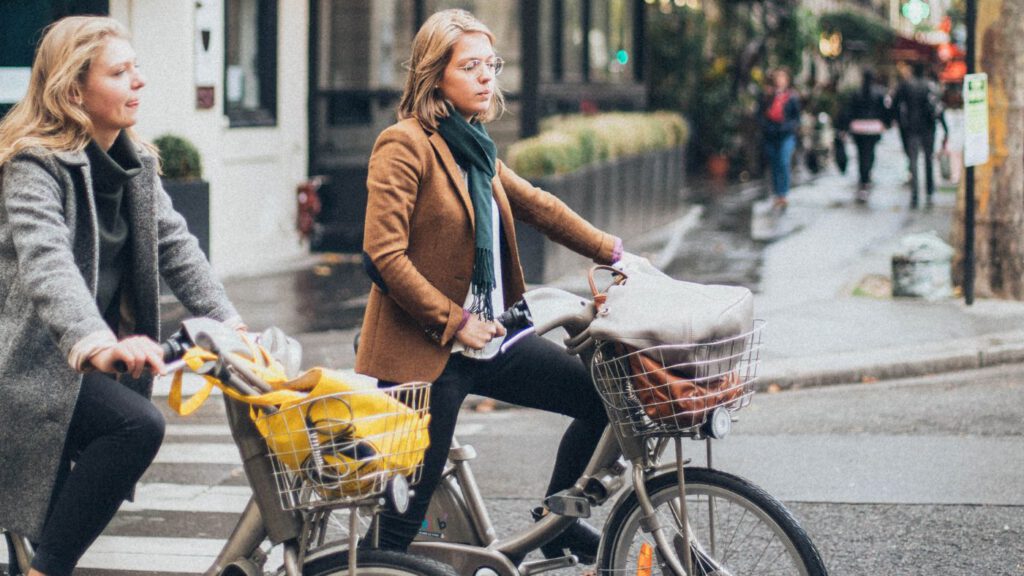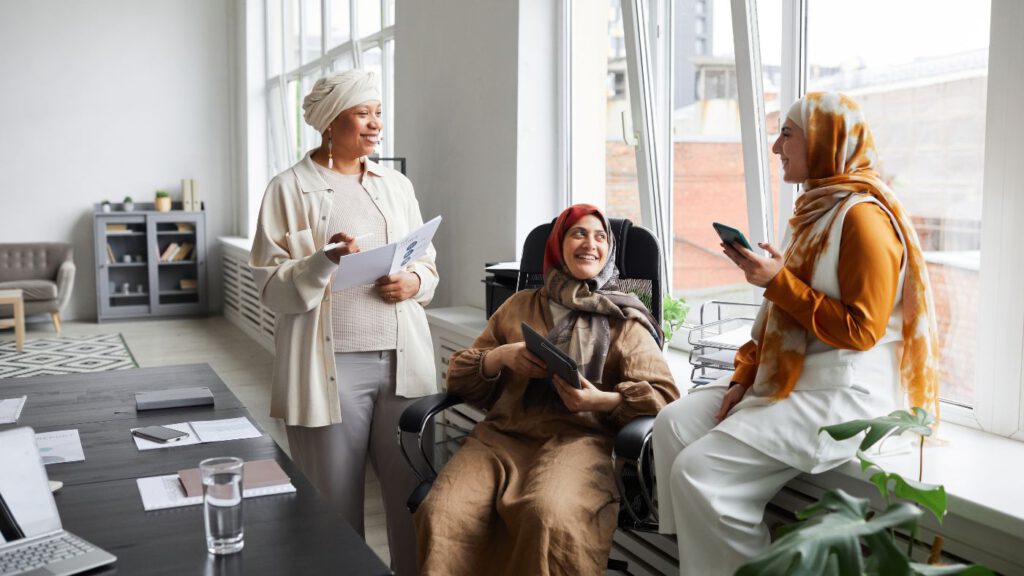Investing in real estate: how does it work?

Investing in real estate is popular and for good reason: it can be a great way to build wealth. But how does real estate investing work, what’s involved? I this article we share what exactly real estate investing is.
What is real estate investing all about?
To exactly the same thing that many investments revolve around:
- Efficiency
- Efficiency
- Oh, and of course: efficiency
The benefits experienced by real estate investors are: net income (rental income is net), building wealth by paying off the mortgage on the one hand and by expected increase in property value on the other.
Anyway, let’s fast forward to the ground rules of this type of investment.
How real estate investing works: the rules of the game
To buy a second home, or rather have a second home financed, different rules apply than for your first mortgage. A second mortgage is more complex, and especially if you are going to rent this out, because that means more risk for the bank which means they have higher requirements.
We’ll walk you through the most common “needs to know” and what to consider.
Efficiency
We start at the returns piece. With a rental property, you look at 2 very important elements: what does the property cost, and what will it bring you in monthly rent?
There are many real estate investors who like to buy an apartment because here you often have to deal with a VVE, which takes care of much of the maintenance. Of course, you do pay a monthly fee for this, but you can factor this into the rent. Do pay close attention to whether the VVE is in the so-called black figures, i.e. financially sound.
What an apartment brings in monthly rent depends on location, size, amenities and finishes.
What aspects determine your returns?
Price in purchase.
Quite a no-brainer! The purchase price is very important. Often, if apartment A costs 2 tons, and apartment B costs 3 tons, it does not mean that you can also charge 50% more rent. This does not parallel.
Rental income.
The second no-brainer. The rental income should cover your expenses anyway (mortgage, VVE, maintenance, taxes) but actually you want the rent to bring you additional income.
Monthly cost.
When you buy an apartment you almost always have to deal with a VVE, an association of owners. There is money in the VVE that is used to maintain the apartment complex. It is important for the VVE to be in the black and therefore not in debt. But the monthly contribution for the VVE can vary greatly from complex to complex. Pay close attention to this! You also have to deal with municipal taxes and, of course, apartment maintenance. If something breaks down (on the apartment, if the tenants’ TV breaks down they have no use for you of course) the tenants call you and you are obliged to fix it.
Market, location, city.
Preferably you want to buy an apartment in Amsterdam for 2 tons and rent it out from €1500 a month. Everyone wants that. But that is also not feasible at this time. Unless you agree to a 1m2 broom closet. Which city or part of the country is interesting to you has to do with many factors, including supply and rental demand.
Something you should also definitely consider is whether you are allowed to rent out this apartment in the free sector. For some apartments, due to location, size, year of construction and amenities, they must be rented in the social sector. Also, as a landlord, you have to deal with laws and regulations and tenants have many rights. Read up carefully and get an advisor if necessary. Read more on the central government site around regulations.
A second funding
There are also some rules and conditions that apply that are definitely different than for your first mortgage. Ultimately, this also depends on your personal situation and looks at your income, or your joint income if you have a partner, your other debts, your assets and the mortgage on your own home.
Partly self-funding
The bank sees a second mortgage as a greater risk, therefore they will be willing to lend you money, but less than the 100% you are used to being able to borrow for your own home. Keep in mind that the bank wants to lend you between 70%-85%, the rest you have to put in yourself. This means that you should definitely put in around 20%-30% yourself.
Your first mortgage
A second financing for the bank risky. Ultimately, the bank checks whether you can bear this risk, even if you have no tenants. And what happens if you have no tenants for your rental property? Right, then you should be able to pay the fixed expenses yourself. So the bank looks at your salary on the one hand and the amount of your current mortgage on the other. Do you have room in your budget to pay a monthly2nd mortgage?
Higher interest
The greater the risk for the party lending money, the more interest they want to see. Go figure, you would want that yourself. Whereas you can get a very low mortgage rate on your own home these days, it is higher for a second home. Expect an interest rate of around 3.5%.
Rental value
The bank will ultimately look at the value of the property when rented out. Because, again that risk aspect: suppose you go bankrupt, and you can’t pay your mortgage, the bank is going to want to sell your collateral (the home) itself to get their money back. But a property with a tenant in it is often worth less than one without a tenant. Ultimately, an appraisal report will reveal how much the property is worth in rental condition.
Mortgage interest deduction
On your second mortgage, you are not entitled to mortgage interest deductions. Keep this in mind!
Net income
The advantage is that the rental income is net, so you do not have to pay taxes on this.
Tax Box 3
Speaking of our friends at the IRS: a second home – or one you don’t live in yourself – is taxed in Box 3 because it is considered equity. The taxation of real estate that is not your own home works as follows: in Box 3, you must report the WOZ value, from which you may deduct the debt (the financing) against it. So the difference is wealth that counts in Box 3. But beware! If a property is rented out then you may apply a deduction to the WOZ value. We call that markdown the vacancy rate. The result is that you can report a lower amount as value and thus pay less tax in Box 3. You can find more information about the void value ratio here.
Conclusion
Investing in real estate can be a beautiful and value-rich investment. Of course, it also carries risks, which you have to factor in. For example, what do you do if you don’t have tenants for a while? Can you bridge this yourself? In addition, a second home also requires a good chunk of your own money, which of course you must have at your disposal. In addition, you may not want to invest in real estate for ethical reasons because of the difficult housing market. Whatever your consideration: read up and get the right help.





